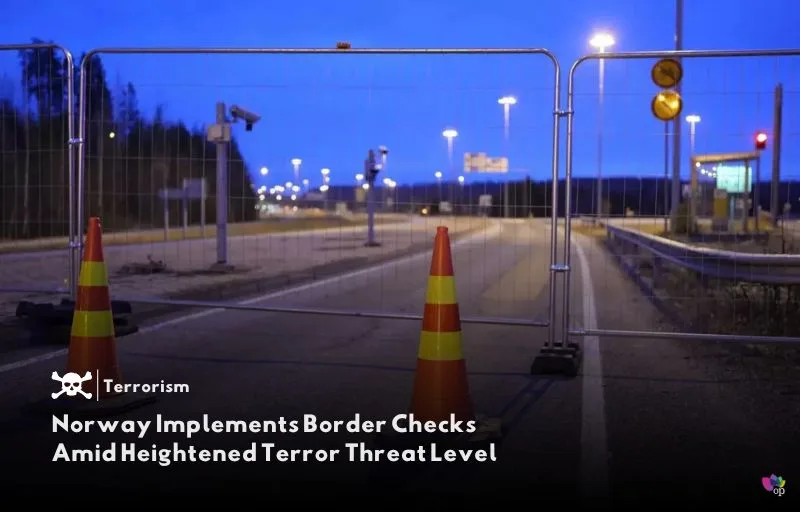According to the reports on Sunday (13 October), Norway is implementing temporary border checks with other Western European countries following a rise in the terror threat level. This move comes after Norway’s domestic security agency, PST, increased the threat level from “moderate” to “high” on Tuesday (8 October). The border checks will remain in place until Tuesday (22 October), according to a police statement.
The raised threat level is primarily linked to concerns about potential attacks targeting Jewish and Israeli individuals or institutions. PST highlighted the “challenging threat picture” as a reason for the heightened security measures. The decision underscores Norway’s proactive approach to managing the evolving security situation.
Although Norway is not part of the European Union, it is a member of the Schengen zone, which typically allows for free movement without ID checks between member countries. Norway shares land borders with Sweden and Finland, both EU and Schengen members, making these checks a significant shift from the usual travel freedom.
The Schengen area enables over 425 million EU and non-EU residents to travel, live, and work across member states without special permits. While most EU countries are part of Schengen, Cyprus, and Ireland are exceptions, Bulgaria and Romania recently joined for internal air and sea travel.
References



Thank you for your sharing. I am worried that I lack creative ideas. It is your article that makes me full of hope. Thank you. But, I have a question, can you help me?
Your article helped me a lot, is there any more related content? Thanks!